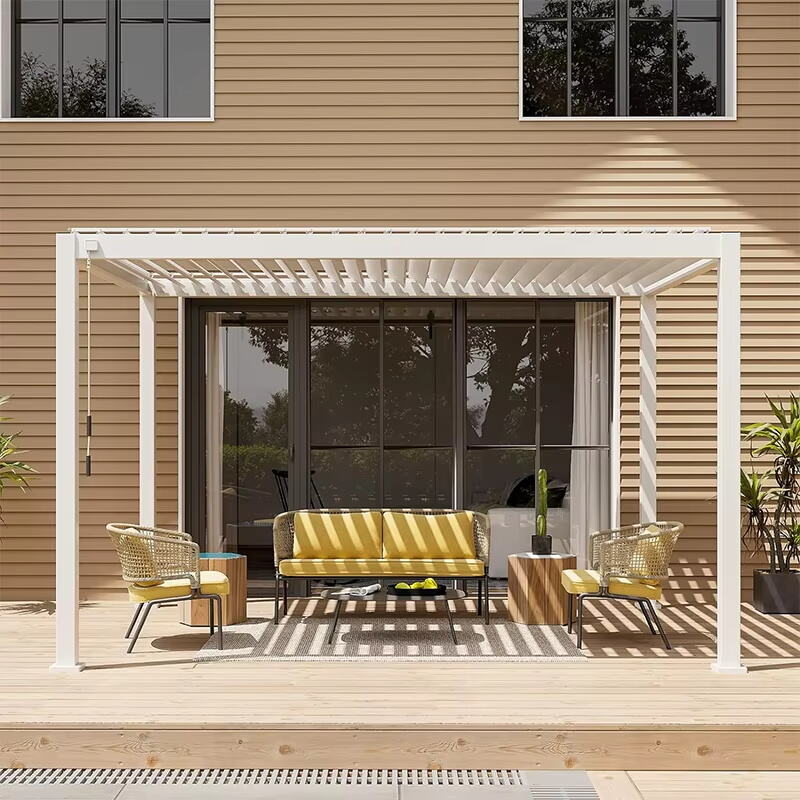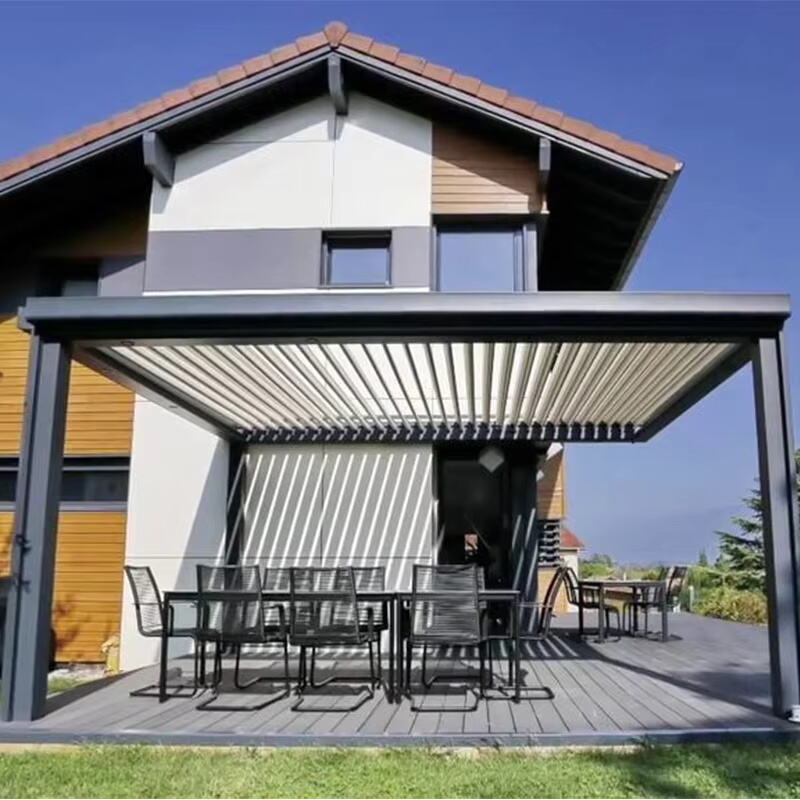Finding the Perfect Match for Your Architectural Needs
As architectural styles evolve and homeowners demand higher performance from their building materials, aluminium windows have emerged as a preferred option for both residential and commercial construction. Their durability, sleek appearance, and adaptability make them ideal for a wide range of projects. Selecting the right aluminium windows, however, requires a thoughtful approach. From aesthetics to insulation properties, every detail plays a role in enhancing the performance and value of a building.
Whether you are upgrading an existing home or designing a new property, knowing what to consider when choosing aluminium windows will ensure a result that balances beauty with long-term practicality.
Assessing Material Quality and Frame Design
Understanding Frame Thickness and Profile Options
One of the first considerations when evaluating aluminium windows is the design and thickness of the frame. Slimline frames are becoming increasingly popular for modern homes as they maximize the glazed surface area and allow more natural light into the space. However, the strength and rigidity of the frame must not be compromised for the sake of appearance. High-quality aluminium windows use strong alloys that maintain structural integrity even with minimal framing.
Buyers should also assess profile styles that match their architectural theme—whether that’s flush casement for a modern minimalist look or heritage-style sash frames for traditional charm.
Checking Surface Finishes and Coating Durability
Aluminium windows are well-known for their long-lasting finishes, particularly when powder-coated. Powder-coated aluminium resists fading, scratching, and corrosion far better than traditional paint. It also allows for a broader spectrum of color choices, from classic black or white to wood-look textures and metallics.
Look for windows that offer certified coatings, such as those compliant with Qualicoat or similar industry standards. These finishes ensure that your aluminium windows retain their beauty and resilience even in harsh environments like coastal or industrial areas.

Evaluating Performance Features
Thermal Insulation and Energy Efficiency
As energy conservation becomes a central concern in building design, aluminium windows must meet performance expectations in insulation. Thermally broken aluminium frames contain an internal insulating barrier that reduces heat transfer, helping regulate indoor temperature throughout the year. When paired with double or triple glazing, these frames can significantly lower energy consumption for heating and cooling.
Choosing aluminium windows with high thermal performance not only contributes to energy efficiency but also aligns with sustainable building practices and local energy codes.
Soundproofing and Sealing Capabilities
Noise pollution is a growing issue in urban environments, and aluminium windows can play a vital role in soundproofing a home or office. High-performance frames with rubber seals and acoustic glazing options are capable of blocking external sounds effectively.
Pay attention to the window’s air-tightness ratings and sealing technology. Well-engineered aluminium window systems prevent not only noise intrusion but also drafts, water leaks, and dust accumulation, providing a more comfortable indoor experience.
Considering Practical and Visual Preferences
Matching with Interior and Exterior Aesthetics
Aluminium windows offer outstanding design flexibility. Their slim profiles and wide variety of finish options allow them to adapt to virtually any architectural style. For homeowners looking to create a unified design theme, selecting frames that harmonize with both the interior décor and the exterior façade is crucial.
Dual-finish aluminium windows—featuring different colors inside and outside—are a great option for those who want to achieve this balance. They allow designers to match exterior requirements without sacrificing interior design goals.
Choosing Opening Types and Ventilation Needs
Different types of aluminium windows offer different functionalities. Sliding, awning, tilt-and-turn, and fixed windows each serve distinct purposes. For instance, sliding windows are ideal for wide horizontal openings, while awning windows provide excellent ventilation without compromising rain protection.
When choosing aluminium windows, consider the room’s airflow needs, accessibility, and cleaning convenience. A thoughtful combination of window styles can optimize ventilation, safety, and ease of use.
Frequently Asked Questions (FAQ)
What is the lifespan of aluminium windows?
High-quality aluminium windows can last 30 to 40 years or more with proper care, thanks to their resistance to corrosion, warping, and UV damage.
Are aluminium windows suitable for all climates?
Yes, aluminium windows with thermal break technology and proper glazing are highly adaptable to both hot and cold climates. They maintain energy efficiency and performance across seasons.
Do aluminium windows require regular maintenance?
Maintenance is minimal. Routine cleaning and occasional lubrication of hinges and locks are usually sufficient to keep aluminium windows functioning smoothly for decades.
Can aluminium windows be customized in shape and size?
Absolutely. Aluminium is a flexible material, allowing for customization in various shapes, sizes, and finishes to suit specific architectural requirements.

 EN
EN








































